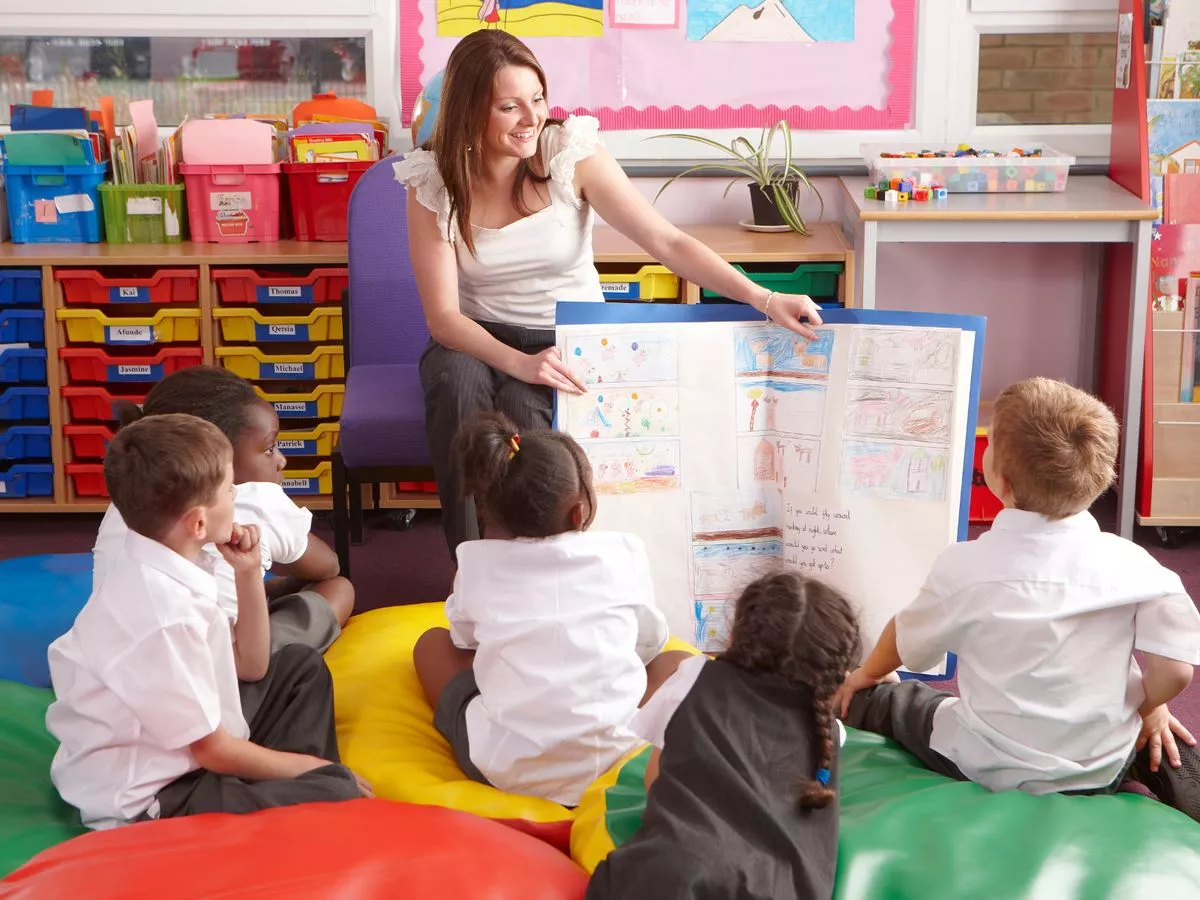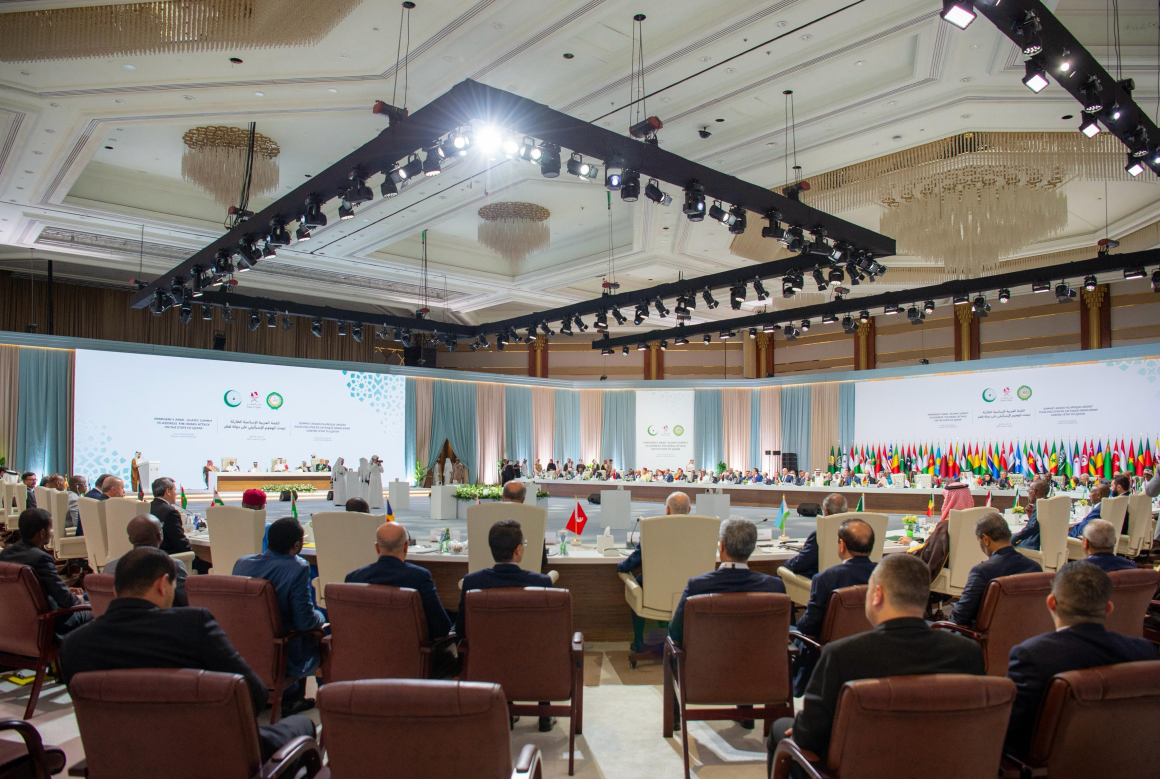By Emma Gill
Copyright manchestereveningnews

Children could be held back a year at school to help them catch up on key milestones. A report from the Children’s Commissioner Dame Rachel de Souza has listed a number of recommendations for the ‘next great wave of education reform’. Among them is the proposal for youngsters not deemed ‘school ready’ by the end of Reception to have an additional year, ‘Reception Plus’, ‘to help them begin Key Stage One meeting developmental milestones and reduce the risk of falling behind’. Concerns were raised last year by the former children’s commissioner for England, Anne Longfield, who said young children were starting school in nappies , being pushed in buggies, and struggling to communicate with their peers. For the best ideas on days out, shopping and parenting issues, get the Manchester Family newsletter here Her comments followed a report by the Centre for Young Lives think tank and the Child of the North, which found that the Covid-19 pandemic worsened early years developmental issues, particularly for vulnerable children. The report revealed that around a third of children were not deemed “school ready” in 2022/23. Dame Rachel de Souza’s report, The Children’s Plan: The Children’s Commissioner’s School Census, finds schools are doing a lot to support their children with a diverse range of social and emotional needs – but they are deeply worried about their ability to continue doing this without the backing of wider local services, many of which have been neglected or cut back within communities. The commissioner is now calling for health and local government to be held to account for the attendance of children with additional needs, for real-time data sharing between professionals so schools can understand factors in their children’s lives quickly, for support to be offered at vital milestones in the early years so every child can be ‘school ready’, and for a new system of statutory education plans for children not attending school regularly, who have been excluded on who find learning hard. Her recommendation for the catch-up year states: “Every child ‘school ready’ at Key Stage One, with opportunities to catch up for children who miss key milestone checks at 12 months, two years or five years with their needs set out in the appropriate Children’s Plan. “Any child not ‘school ready’ by the end of Reception should have the option of an additional year – ‘Reception Plus’ – to help them begin Key Stage One meeting developmental milestones and reduce the risk of falling behind.” Parents of children born in the summer – between April 1 and August 31 – already have the right to delay starting school by a year if they feel their child isn’t ready. But Reception Plus wouldn’t just apply to summer babies. It would be for any child who isn’t meeting their developmental milestones by the end of Reception, no matter when their birthday falls. No child would be forced to repeat Reception however. It would be for parents to make the decision. The report also highlighted the ongoing issue around poor attendance in schools, with behaviour and attendance revealed as greater concerns for leaders than curriculum. “This is the single biggest issue facing the government: fixing the attendance crisis in our schools by creating a system that is set up to meet the needs and ambitions of every child, including those with SEND,” said Dame de Souza. “More than one in 10 young people are consistently ‘not in education, employment or training’, or NEET – so solving this is not just a moral imperative but an economic one. Getting children engaged in education is good for growth, creates a skilled workforce – and it will give children and families reassurance that they are being listened to.” Join our Family WhatsApp group HERE The commissioner launched the findings from almost 90% of schools at an event in Westminster alongside Greater Manchester Mayor Andy Burnham . He said: “This report makes clear the vital work that school leaders, teachers and support staff do to support every child. But it also makes clear that they cannot continue to do this without being properly supported themselves. “That’s why I’m happy to support the Children’s Commissioner to push for change. Her report shines a light on significant cracks in the system and the challenges this can cause for young people, particularly those with additional needs. These are issues we see happening in Greater Manchester too, and that’s why we have committed to narrow the gap on school readiness, increase pupils’ wellbeing, and increase school attendance and school achievement for disadvantaged young people – and I hope the government takes the report’s recommendations on board to help us to deliver this. “In Greater Manchester, we listen to our schools, colleges and our young people, such as through our BeeWell survey, to understand the issues that are affecting them most. We know that real improvements for children happens as a result of listening, collaborating and then delivering locally. “Through programmes like our MBacc and shared work to improve school attendance, as well as our Live Well approach to delivering public services, we are showing how our approach can better serve and support children and young people to thrive.” Attendance was an issue raised by Education Secretary Bridget Phillipson earlier this month when she called for schools and parents to ‘double down’ and get children into class. “If children miss a day or two in the first couple of weeks of term, they’re more likely to go on to be persistently absent,” she told the BBC , adding that it impacts on their life chances. But the minister’s comments sparked a huge backlash from both parents and professionals who say the ‘education system is broken’ and children struggling with mental health issues and special educational needs (SEN) aren’t getting the support they need. Speaking at the launch of the report findings in London, the education secretary said: “Like the Children’s Commissioner, my ambition is an education system that lifts every child up, wherever they are, whoever they are. High standards, no ceilings. Inclusion, excellence, opportunity for all. “We’ve inherited a system that has failed generations and left teachers carrying the weight of society’s broken safety net. But we are changing that — with mental health support in every school, expanding free school meals, and overhauling children’s social care through the Children’s Wellbeing and Schools Bill. “Through our Plan for Change and our upcoming Schools White Paper, background will no longer determine destiny. We’re putting children first and delivering the transformation they deserve.” What do you think about the proposal for Reception Plus to allow youngsters to repeat a year? Would you choose that option for your child if you felt they needed it? Let us know your views in the comments here .



